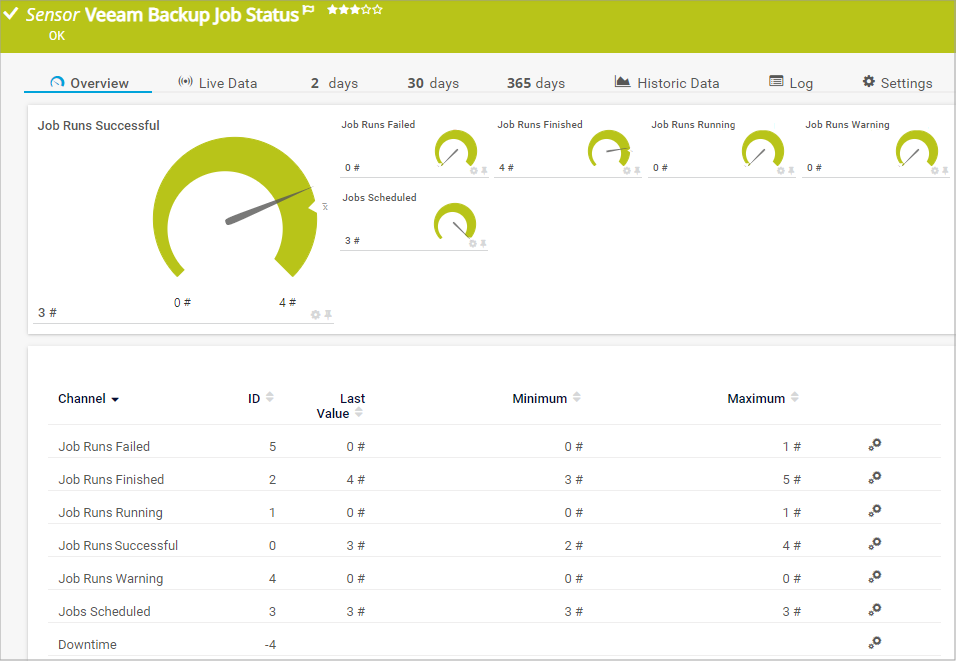
For that reason, the last couple years have seen a wide range of startups enter the business of managing Kubernetes.ĬRN looked at 10 startups that have only entered the business of managing Kubernetes in the last two years. While developers can manage the tasks related to Kubernetes on their own, the management takes away from their focus on their main task of writing code. It automates the operational tasks of container management with built-in commands for deploying applications, rolling out changes, scaling them up and down as needed, monitoring applications, and other tasks related to managing them.

Kubernetes is a key part of application development in that it provides a flexible way to automate the deployment of application code.

Market research firm Absolute Reports in June of 2023 estimated the value of the global Kubernetes solutions market to be $2 billion in 2022, but will grow to reach $6.1 billion by 2028, which represents a 20.4-percent cumulative annual growth rate. Kubernetes, also known as K8s, is now a multibillion-dollar business, which is not bad for something started as an open source project.

Since then, Kubernetes has grown to be a significant developer tool as a way to manage applications and data via containers. Kubernetes became a part of the software developer toolbox starting in 2014 when its original developer Google released it as an open-source version of its Borg technology, which was developed as a way to run thousands of jobs and applications across multiple clusters and machines.


 0 kommentar(er)
0 kommentar(er)
